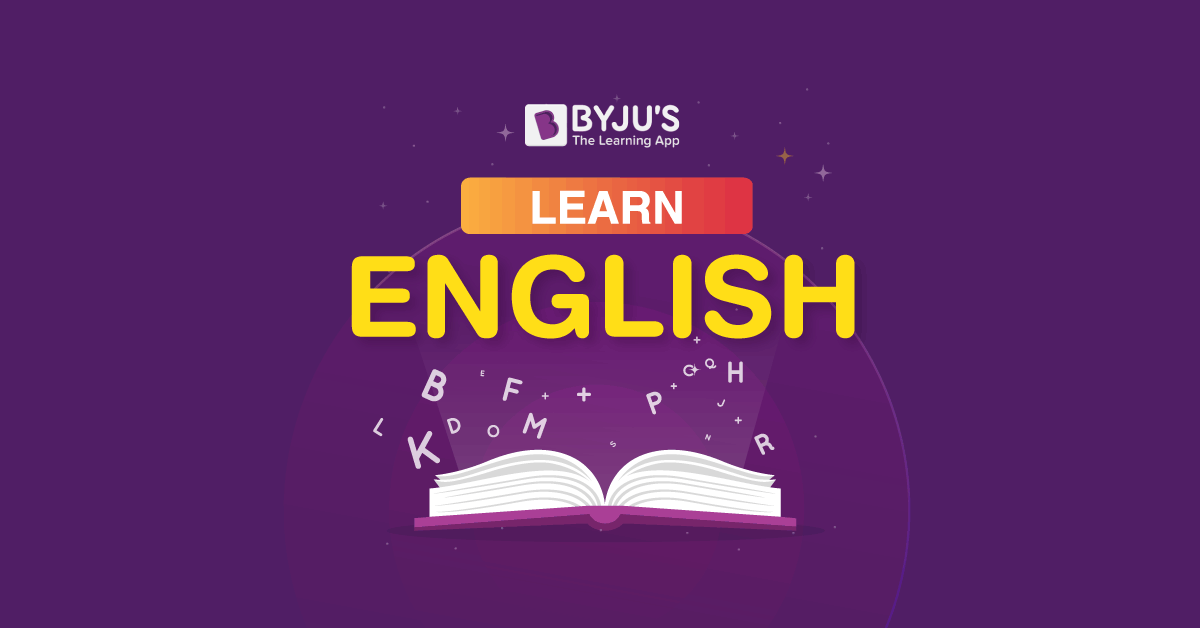Both people and peoples can be correct, depending on the context. "People" is the plural form of the noun "person." "Peoples" is also a plural form, but it is less commonly used.
One of the most challenging parts of the English language is understanding proper plural forms, since they can be quite irregular. Even native speakers make mistakes distinguishing between "people" and "peoples." Are they interchangeable? Do they carry different meanings? In this blog post, we'll shed light on their correct usage to ensure clarity in your writing.
"People" vs. "Peoples"
Both people and peoples can be correct, depending on the context. However, people is much more commonly used.
People (Plural form): "People" is the plural form of the noun "person." It refers to a group of individuals, irrespective of their shared characteristics, culture, or ethnicity. It is a versatile term used in general reference to human beings as a collective.
Peoples (Plural Form, Less Common): "Peoples" is also a plural form, but it is less commonly used. It is employed to refer to distinct groups of humans with shared cultural, ethnic, or national characteristics. "Peoples" emphasizes the diversity of human communities.
Understanding the Difference
The most confusing thing about distinguishing between people and peoples is that they are both plural forms. You can think of people as the plural form of person—many persons in a group make people—and peoples as the plural form of people, meaning multiple groups of people.
Example Sentences
People (General Plural):
- People from all walks of life gathered at the park for the concert.
- There were so many people at the concert, I had trouble finding my friend.
- People have various preferences when it comes to food.
- Many people attended the concert last night to see their favorite band perform.
- In crowded cities, it's common to see people rushing to catch buses and trains.
- People from all walks of life gathered at the community center for the charity event.
- Some people prefer to spend their weekends outdoors, hiking and camping.
- The museum is a place where people can explore art and history.
- People often underestimate the impact of small acts of kindness.
- It's important to treat all people with respect and dignity, regardless of their background.
Peoples (Distinct Groups):
- The indigenous peoples of this region have a rich and diverse cultural heritage.
- The peoples of Asia, Europe, and Africa each have their unique traditions.
- We should respect the rights and identities of all peoples around the world.
- The United Nations promotes cooperation and understanding among the world's diverse peoples.
- Indigenous peoples around the world have unique languages and cultures.
- The history of colonization has had a profound impact on the traditions and rights of various peoples.
- The conference aimed to foster dialogue and collaboration between different peoples.
- The museum's exhibit showcased the art and artifacts of indigenous peoples from North and South America.
- Peaceful coexistence among the region's many peoples has been a long-standing goal.
- The festival celebrated the rich culinary traditions of peoples from Asia, Africa, and Europe.
Want to sound like a native speaker?
Engram’s AI-powered grammar checker makes your English sound like a native speaker’s, suggesting natural English expressions on top of fixing grammar, spelling, punctuation, word order, and vocabulary.

References:














